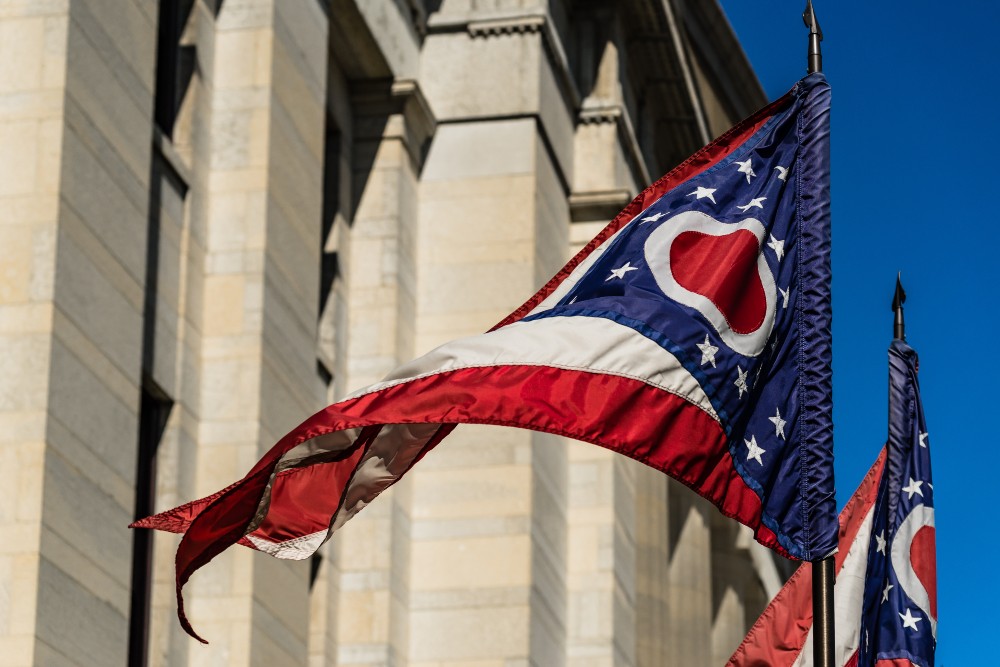 By Brian J. DeSantis
By Brian J. DeSantis
On June 26, 2025, the General Assembly sent the Budget Bill to Governor DeWine with language prohibiting boards of education from paying certain retirement contributions, also known as “pick-up” and “pick-up on the pick-up”, of superintendents, principals, and treasurers. However, there has been confusion regarding whether the prohibition extends to other administrators, and which contracts will be subject to the prohibition. The answer to the latter is clarified in uncodified law added by the Conference Committee that has largely gone unnoticed.
By way of background, the Senate version of the Budget Bill (H.B. 96) added language that prohibits boards of education from paying employee contributions to STRS on behalf of superintendents and to SERS on behalf of treasurers. When the Budget Bill went to the Conference Committee, the Committee retained the prohibition, clarified its implementation, and expanded its applicability to principals.
Clarifying Applicable Contracts
The Conference Committee clarified which contracts will be subject to the prohibition, although the answer has been overlooked because it was not included in the Legislative Service Commission’s Comparison Document, and because it is in uncodified law that appears over 4,000 pages after the code sections. The uncodified law, Section 801.360, provides that the prohibition will apply to contracts entered “into on and after the effective date of this section.”
The law will not become effective until 90 days have elapsed after it is signed by the Governor and delivered to the Ohio Secretary of State.[1] The Ohio Constitution requires that 90 full days elapse before a law goes into effect in order to permit any possible referendum petition to be circulated and filed by the electorate. This makes the normal effective date of a law the 91st day after its filing with the Secretary of State. However, the Constitution also stipulates that appropriations for the current expenses of state government, tax levies, and emergency laws necessary for the immediate preservation of the public peace, health, or safety go into immediate effect and are not subject to the referendum. This means that contracts “entered into” before the effective date in late September or October will not be subject to the prohibition. Those contracts will be “grandfathered,” and boards may continue to pay retirement contributions as previously negotiated.
This uncodified law is significant as it provides clearer direction on applicability. Previously, districts were left to rely on interpretations of the Ohio Constitution to determine whether this change in law could be applied retroactively.
Clarifying Which Positions are Subject to the Prohibition
The prohibition on pick-up payments will apply to superintendents, treasurers, and principals only. While there were reports that the Conference Committee version would apply to all administrators, this did not occur. The Conference Committee version only added principals.
What Happens Next
The Governor has not yet signed the Budget Bill and he has the authority to issue line-item vetoes. Thus, there is still the possibility that the prohibition on pick-up payments could change.
Amendments to Current Contracts & Future Contracts
Some Boards have expressed a desire to preserve compensation options by amending their superintendent and treasurer employment contracts before the new language takes effect. Boards will have ninety days after the signing of the Budget Bill to do so. Boards will also need to amend template contracts (and any new contracts entered after the effective date) to remove language affected by the prohibition. Boards are advised to seek counsel to determine which contracts will need to comply with the prohibition and to draft new language, as small variations can result in different and unintended outcomes.
If you have any questions, do not hesitate to contact Attorney Brian J. DeSantis or the Pepple & Waggoner, Ltd. Law Firm.
[1] Unless an exception applies, laws do not become effective until 90 days after they are signed (and filed) by the Governor. O Const. II Sec. 1c.

